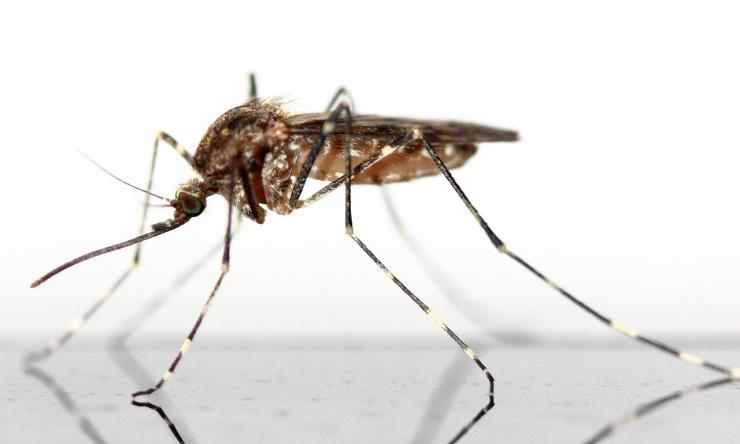The potential return of yellow fever
Mosquito-transmitted virus infections are on the rise and their spread is accelerating in Texas, Florida and elsewhere in the American South. With the rise of mosquito-borne illnesses, infectious disease experts at Baylor College of Medicine and Stanford School of Medicine are warning of the possible re-emergence of yellow fever in the southern portion of the U.S. Their perspective piece on the virus’ potential return was published in the New England Journal of Medicine. It calls for yellow fever to be prioritized in national pandemic preparedness planning.
Yellow fever is a mosquito-borne viral illness that decimated southern U.S. cities in regular epidemics in New Orleans, Galveston, Memphis and Charleston from 1820 to 1905, according to Dr. Peter Hotez, professor and dean of the National School of Tropical Medicine at Baylor and co-director of the Texas Children’s Hospital Center for Vaccine Development and co-author of the paper. The virus is a flavivirus and arbovirus infection like dengue or Zika virus, but with much higher mortality. Yellow fever is transmitted by Aedes mosquitoes, which are common in the Caribbean and Latin America, as well as southern urban areas like those in Texas and Florida.
“We’ve seen a rise in mosquito-transmitted illnesses in Texas and Florida, including malaria, dengue, chikungunya and Zika virus, but now we’re also worried about yellow fever since it seems to be accelerating in tropical regions of Latin America such as Brazil and Venezuela,” Hotez said. “The consequences of a high mortality infection like yellow fever re-emerging in the southern U.S. would be profoundly destabilizing.”
Experts propose expanding surveillance activities by enhancing local health departments to combat mosquitoes and mosquito-borne illnesses as well as developing antiviral drugs, vaccines and new gene drive technology (permanently altering insect genes through genetic engineering) for mosquito control efforts.
“The mosquitoes that spread yellow fever are here in the U.S. and conditions are increasingly favorable for them as our world warms,” said Dr. Desiree LaBeaud, professor of pediatrics-infectious disease at Stanford Medicine and co-author of the publication. “We need a comprehensive plan to better protect at-risk communities in the southern U.S. from mosquito-borne diseases.”
“One of the reasons we established National School of Tropical Medicine at Baylor was in recognition that tropical infections have become a new normal due to a confluence of climate change, urbanization and poverty on the U.S. Gulf Coast and Texas,” Hotez said.










